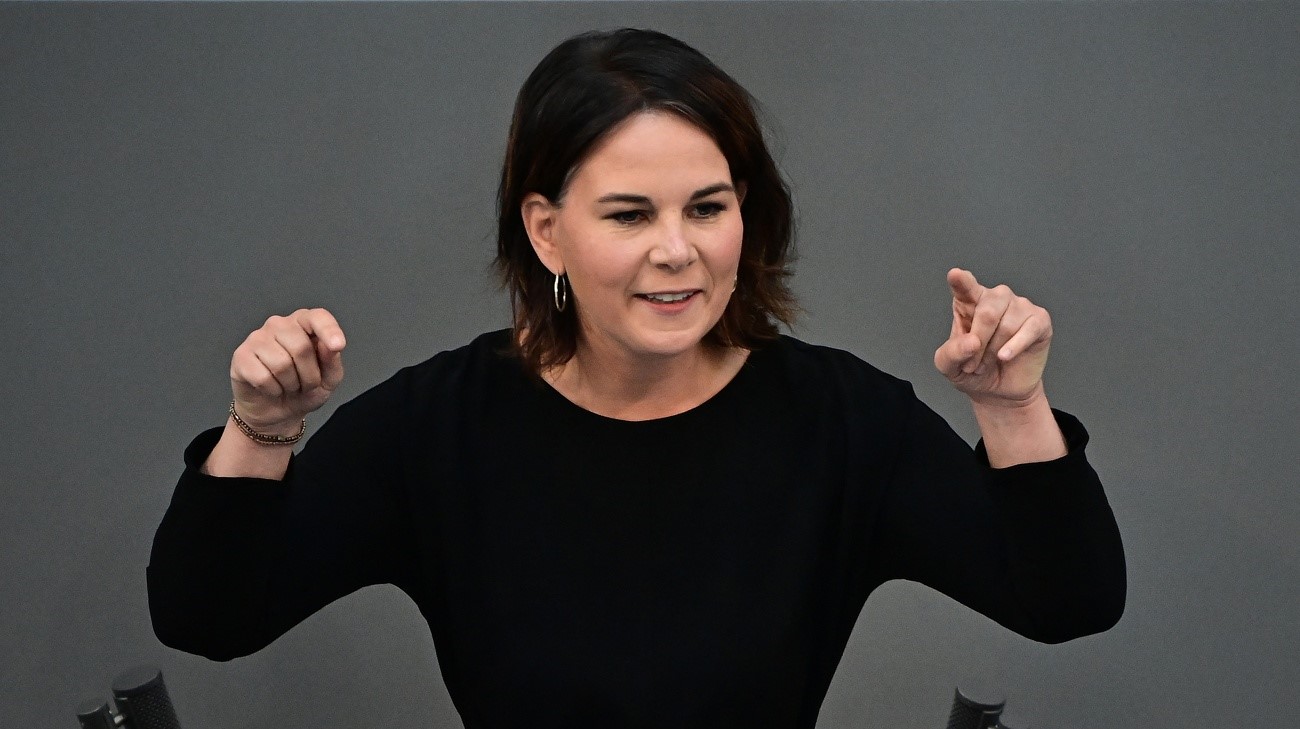Football regulator delay fears after Lords ask for 158 changes to bill
The prevaricating is also likely to mean hard-up clubs below the Premier League enduring a longer wait for an increase in financial distributions from the top flight.


Fears are growing that the introduction of the independent football regulator will be further delayed after peers tabled more than 150 amendments to the pivotal bill.
The prevaricating is also likely to mean hard-up clubs below the Premier League enduring a longer wait for an increase in financial distributions from the top flight.
The Football Governance Bill, which outlines the powers that the regulator will have, received its second reading in parliament earlier this month when it was presented to the House of Lords.
Peers have tabled 158 amendments to the bill – all of which will need to be debated during the committee stage – adding to concerns that red tape could hold up the football regulator.
While many of the proposed amendments relate to the regulator’s powers to impose a financial settlement between the Premier League and EFL, others are for relatively trivial matters, such as changing the word “crest” to “badge”.
More than 100 of the amendments have been jointly suggested by Labour peers Baroness Taylor of Bolton and Lord Bassam of Brighton. West Ham United chair Baroness Brady has tabled six amendments, while fellow Tory peer Lord Hayward has made four.
“The tabling of such a high volume of amendments may well further delay the passing of the new legislation and therefore the work of the new independent football regulator (IFR), which, on the face of it, looks like a positive outcome for the Premier League and others that are opposed to additional regulation,” sports lawyer Simon Leaf, a partner at Mishcon de Reya, told City AM.
“However, any celebrations are likely to be short-lived, as it feels like the direction of travel is more towards a regulator with enhanced powers – which many in the game feel is necessary in light of the number of regulatory issues that have arisen in recent years.”
The football regulator has already been delayed by this year’s General Election, which meant that parliament ran out of time to approve the bill before the change in government.
Labour then took time to beef up the bill before its second reading in the House of Lords. The committee stage, during which every line of the bill and all amendments are debated, is due to begin on 27 November and has no hard end date. A report stage and third reading in the Lords follow before it must pass through the Commons and then receive Royal Assent.
Any delays to the introduction of the football regulator will also further hold up a new deal between the Premier League and the EFL.
Talks over an increase in the approximately £530m per season that the top flight shares with the rest of the English football pyramid have been at an impasse for months.
Some Premier League clubs are understood to want to finish revising their own financial regulations, which are due to change next season, before making an offer to the EFL.
With little bargaining power, EFL chiefs are believed to be all but resigned to needing the regulator to exercise its powers to mandate a settlement.
Leaf added: “It still seems unlikely though that a strengthened IFR will be provided with the necessary power to fully regulate and control financial fair play regulations (now known as the PSRs in the Premier League).
“So, despite the recent tumult and the difficulty the PL has had in getting the requisite majority of clubs to agree to a changes to the rules, I suspect we could well be in a situation where we have a strengthened IFR on paper but we continue to see the Premier League and its clubs continue to regulate themselves when it comes to dealing with some of the most important aspects of the game.”



